This 'narrative historigraphy' traces the evolution of censorship discourses in post-colonial India, delineates the theoretical bases of censorship claims and contentions, and uncovers is many socio-political dimensions and complexities.
The exercise of film censorship in modern India, Bhowmik argues, must be de-linked from its colonial origins, as such a practice violates the sacrality of the constitutionally granted freedom of speech and expression in the post-impendence system.
Penetrating the haze of bureaucratic manipulation, judicial laxity, vested interests and political or public pressure surrounding the film censorship debate, the author disagrees with the popular notion of censorship as moral restraint. Rather, he reveals that its true import lies in the propagation of political agendas. The overarching chronological schema that he devises outlines the intricate interplay of policies of governance and strictures of censorship.
As in his other books-Indian Cinema Colonial Contours (1995) and Behind the Glitz: Exploring an Enigma called Indian Film Industry (2008)-Bhowmik grounds the specific topicality of Cinema and Censorship within the wider contexts of film history and culture. A riveting read, this book goes into the very heart of the problematiques of Indian cinematic censorship.

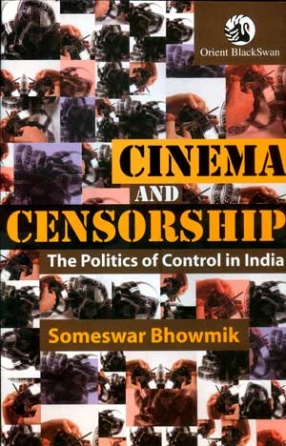
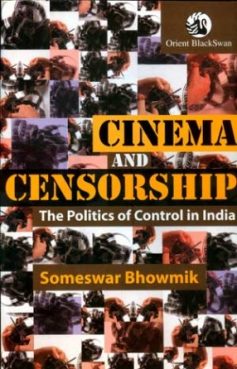
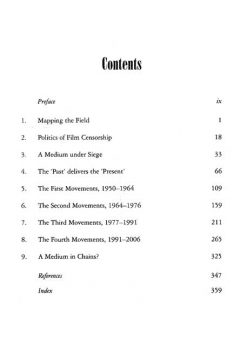


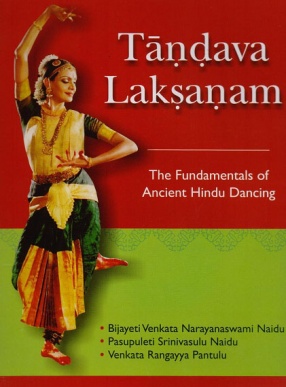
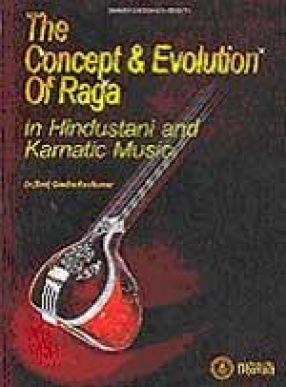
There are no reviews yet.